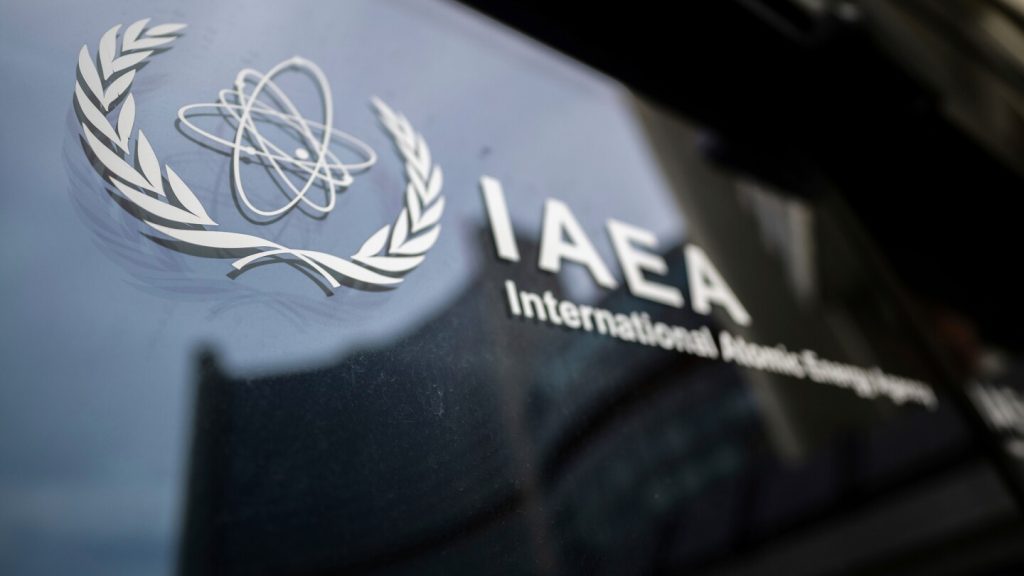VIENNA (AP) — The International Atomic Energy Agency has not been able to verify the status of Iran’s near weapons-grade uranium stockpile since Israel struck the country’s nuclear sites during the 12-day war in June, according to a confidential report by the United Nations’ nuclear watchdog circulated to member states and seen Wednesday by The Associated Press.
The IAEA said that the status of the near weapons-grade material “needs urgently to be addressed.”
According to the IAEA’s last report in September, Iran maintains a stockpile of 440.9 kilograms (972 pounds) of uranium enriched up to 60% purity — a short, technical step away from weapons-grade levels of 90%.
That stockpile could allow Iran to build as many as 10 nuclear bombs, should it decide to weaponize its program, IAEA director general Rafael Grossi warned in a recent interview with the AP. He added that it doesn’t mean that Iran has such a weapon.
Iran long has insisted its program is peaceful, but the IAEA and Western nations say Tehran had an organized nuclear weapons program up until 2003.
According to the safeguards agreement that Iran has with the U.N. nuclear watchdog, Iran is obliged to produce a “special report” detailing the location and status of its nuclear material, including its highly enriched uranium stockpile, following events such as attacks or earthquakes. The special report must also address the status of the facilities affected by the June war.
The IAEA said Wednesday that “the provision of such a report is indispensable for the Agency to provide assurances that nuclear material subject to safeguards in Iran remains in peaceful nuclear activities and that the facilities subject to safeguards are not misused.”
Iran suspended all cooperation with the IAEA after the war with Israel in which the U.S. struck several Iranian nuclear sites.
Tehran did, however, allow the IAEA to inspect undamaged facilities after Grossi reached an agreement with Iranian Foreign Minister Abbas Araghchi in Cairo at the beginning of September.
But later that same month, the U.N. reimposed crushing sanctions on Iran, drawing an angry response from Tehran and leading the country to halt implementation of the Cairo agreement.
Iran is legally obliged to cooperate with the IAEA under the Treaty on the Non-Proliferation of Nuclear Weapons.
European powers decided to reimpose the U.N. sanctions via the so-called snapback mechanism after Iran failed to enter into direct talks with the U.S., resume full cooperation with the IAEA and clarify the status of its near weapons-grade uranium stockpile.


